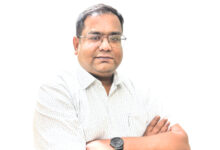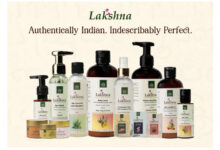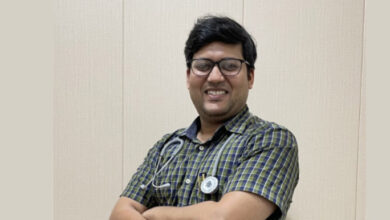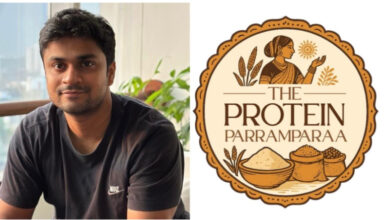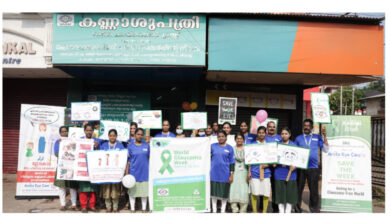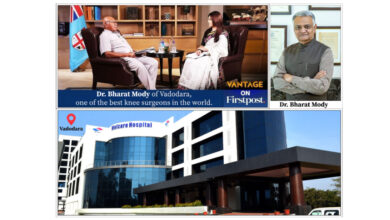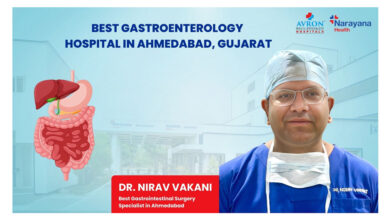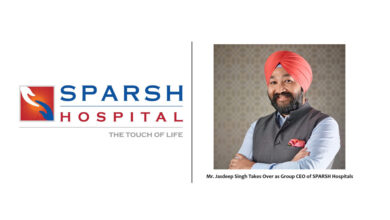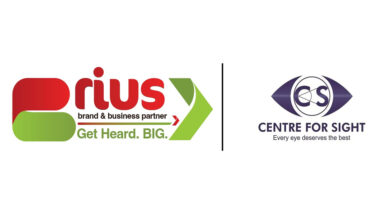Bridging Science and Nutrition: An Exclusive Interview with Professor Vimal Karani, Honored by Dyet Nutrition
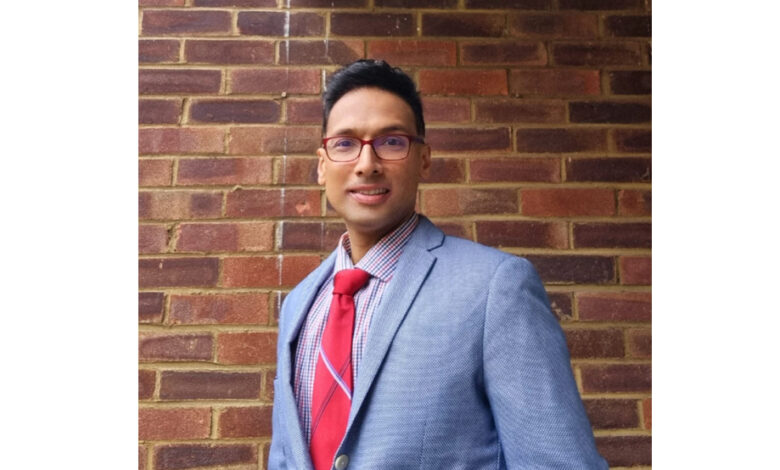
Guwahati, India, April 9th, 2025: With an unwavering dedication to scientific research and a deep commitment to advancing personalized health solutions, Professor Vimal Karani has emerged as a pioneer in the field of nutrigenetics and nutrigenomics. His exemplary studies on genetic variations and dietary responses have not only shaped academic discourse but also paved the way for real-world applications in disease prevention and health optimization.
In an exclusive conversation, Professor Karani discusses his journey, the evolution of nutrigenetics, and the crucial role of industry partnerships in translating research into actionable health solutions.
Interviewer: Welcome, Professor Vimal Karani. Your research in nutrigenetics and precision nutrition has been groundbreaking. Can you share your journey and its impact on health and nutrition?
Professor Vimal Karani: Certainly. My research focuses on how genetic variations affect an individual’s response to diet, particularly in preventing non-communicable diseases like obesity, diabetes, and cardiovascular conditions in ethnically diverse populations. I have led several large-scale studies, such as GeNulne Collaboration, and D-CarDia Collaboration and published extensively in leading academic journals. This work helps shape personalized nutrition strategies that optimize health based on genetic profiles, multi-omics, epigenetics, and gut microbiome.
Interviewer: Nutrigenomics is another emerging field closely linked to nutrigenetics. Can you explain its significance?
Professor Vimal Karani: Absolutely. Nutrigenomics examines how nutrients and bioactive food compounds influence gene expression. It helps us understand how diet can impact our genetic functioning, either enhancing health or contributing to disease risks. While the field is promising, it is still developing, and fully personalized gene-based diets are not yet mainstream. However, genetic insights can help individuals make more informed dietary choices, with the potential for greater precision in the future.
Interviewer: The gap between academic research and its application in the wellness industry is often discussed. How do you think we can bridge this gap?
Professor Vimal Karani: That’s an important question. One way to bridge this gap is through sustained collaboration between researchers and industry partners. Academia generates the foundational knowledge, but without industry involvement, that knowledge often remains within journals. At the same time, industry needs to be open to long-term investment in evidence-based solutions, rather than short-term trends. Creating interdisciplinary teams, sharing data responsibly, and involving end-users in the design of nutrition strategies can also help. It’s a two-way street—both sectors need to speak a common language and align on the goal of improving public health through credible science.
Interviewer: Dyet Nutrition has been at the forefront of supporting science-driven advancements. How do you view their role in precision nutrition?
Professor Vimal Karani: Evidence-based nutrition is essential in today’s health industry. Many companies make claims without scientific backing, which can mislead consumers. Dyet Nutrition is among the organizations that prioritize research-driven approaches, supporting credible science and innovation. Their recognition of my work as a World-Leading Expert in Nutrigenetics and Precision Nutrition highlights the importance of translating research into practical health solutions.
Interviewer: What role do you see AI and big data playing in the future of nutrigenetics?
Professor Vimal Karani: AI and big data are promising tools that will refine dietary recommendations, making them more precise over time. However, we are still in the early stages of translating genetic data into fully actionable, everyday nutrition plans. Continued research, collaboration, and responsible data interpretation from genetic metabolomic, epigenetic and gut microbiota profiles will be key to unlocking the full potential of precision nutrition.
Interviewer: Any advice for those looking to improve their health through personalized nutrition?
Professor Vimal Karani: Stay informed and choose science-backed solutions. Nutrition isn’t one-size-fits-all, and while genetics can provide valuable insights, maintaining a balanced, evidence-based approach to diet and lifestyle remains crucial.
Interviewer: Thank you, Professor Karani. Congratulations on your recognition by Dyet Nutrition!
For more information on Dyet Nutrition’s approach, visit: www.dyetnutrition.com.

